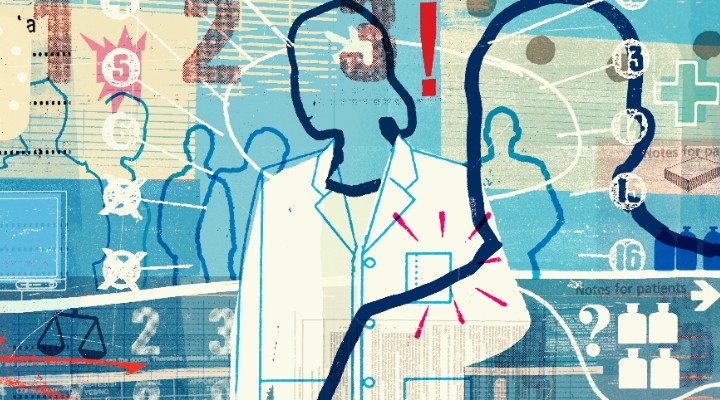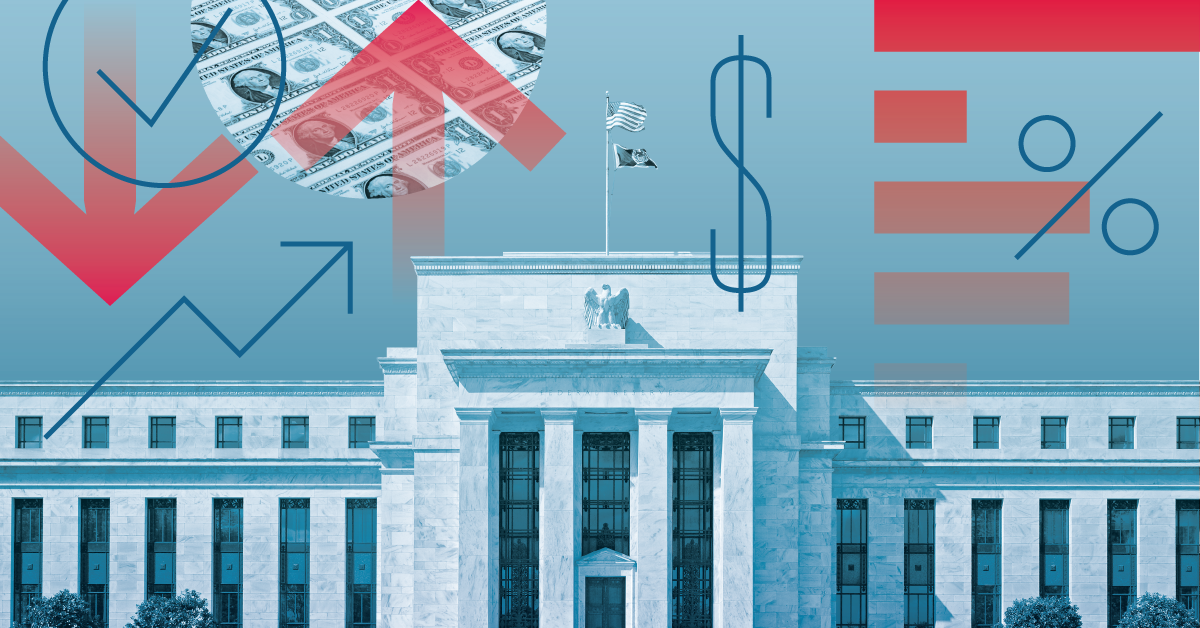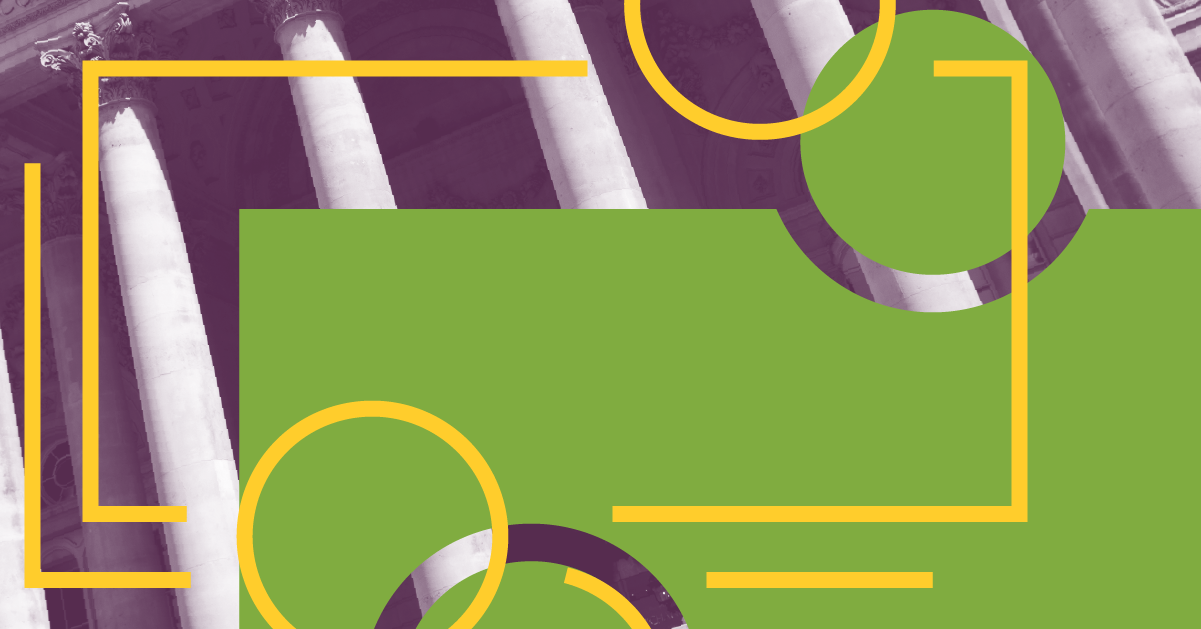Former U.S. Treasury Secretary Lawrence Summers isn't "optimistic" that the Federal Reserve will be able to reach its 2% inflation target without a serious economic downturn.
Speaking to a packed theatre audience at Morningstar's 2023 Invesment Conference in Chicago, Summers said he would be surprised if there wasn't a recession.
"We turned ourselves from a 2% inflation country to a 5% inflation country," he said, pointing to the federal government’s response to keep the economy afloat during the pandemic by maintaining low interest rates and providing enormous fiscal stimulus.
"I would be surprised if we get through this and inflation is within shouting distance of 2% without there having been a recession."
He now expects Fed policymakers to boost rates by 0.25% when they meet next week and to "signal they are agnostic" on further hikes as they continue to monitor economic data. That means a potential pause to the rate hike programme in June.
Recession Ahead
The Employment Cost Index, a quarterly gauge of wage inflation and underlying costs set to be released Friday morning by the Bureau of Labor Statistics, will be the "most important number" to consider in determining the direction of the economy in the next few months because it provides a truer picture of wage inflation than average hourly and weekly wages, which can be skewed by various factors, Summers said.
"It’s a really informative number," he said.
Summers is not expecting a soft landing, adding he viewed the notion of soft landings in the same way the 18th century British writer Samuel Johnson described second marriages: "as the triumph of hope over experience."
In the recession he is expecting, we are likely to see unemployment reaching 6.0%, up from a current level of 3.5%, but not as bad as the 10.0% seen in some of the worst recessions, he said.
"I would urge all of you to be careful in the equity markets," Summers told the crowd, noting that earnings estimates and multiples on the S&P 500 aren’t "building in a recession." The bond market, on the other hand, is "looking for six or seven rate cuts."
"There’s a disjunction between the equity and bond markets," he said.
Summers, who was early in forecasting the risk of escalating inflation at a time when the Federal Reserve treated it as "transitory" in nature, said the Fed has made its job more difficult by setting a specific target inflation rate.
"Once you pin down a target, your credibility is on the line," he said.
"It’s better for credibility and for confidence not to target. If it were up to me, I wouldn’t have set a numerical target."
Summers also gave a nod to former Fed Chair Alan Greenspan, who, rather than set a specific target defined "price stability as when people aren’t thinking about rising prices all the time."
A Credit Crunch is the Equivalent of a Rate Hike
Also making the Fed’s job more difficult lately, Summers said, is the tightening of bank lending standards – which have likely gotten even more constrained since the collapse of Silicon Valley Bank in mid-March.
Those events and the concern about the stability of bank deposits led to a crisis among small and mid-size regional banks. The effects of the crisis are still playing out, and there’ll be a lagging effect on the economy, Summers said.
Meanwhile, profits at small and midsize regional banks are under pressure as the banks seek to retain deposits by raising rates, squeezing net interest income. They are also facing greater regulatory scrutiny and increasing regulations that could add to their costs.
"There’s no question the banking events are resulting in constrictions of credit, and that constriction is doing some of the work of increasing rates," Summers said. "But is it the equivalent of 25 basis points or 125 basis points? My instinct is that it is somewhere between the two."
Addressing upheaval in the office segment of the commercial real estate sector brought about by the work-from-home trend adopted during the pandemic, Summers said "the rise in remote work is here to stay."
"And that’s a good thing because people like it much better," he added, noting that "we don’t run the economy to achieve maximum output but to improve people’s lives."
As a result, however, valuations of office buildings will go down as their rents and cash flows drop, and there will be "tough stuff in the office building segment of commercial real estate."
There’s also the "likelihood of rates tilting to the upside" in the years ahead because of high levels of government debt, budget deficits, and the "green" transition, among other factors.
"We won’t have excess savings," he said.
Bullish on the U.S.
Still, Summers is bullish on the United States and the prospects for U.S. companies.
"I would rather be playing America’s hand than any other country in the world," he said, noting the collective value of U.S. companies relative to the rest of the world is at 60%, the highest it’s ever been, and that’s a "judgment on their future earnings and prosperity."
While the dollar is high by historical standards, "you have to put your money somewhere, and the dollar is a good place to put it," he said, especially considering the alternatives.
"Europe is a museum, Japan is a nursing home, China is a jail, and bitcoin is an experiment," he quipped.
 What Caused 2023's 'Everything' Rally?
What Caused 2023's 'Everything' Rally?
 Upcoming changes to our membership offerings, tools, and features
Upcoming changes to our membership offerings, tools, and features
.png) 2025 Morningstar Fund Awards Winners
2025 Morningstar Fund Awards Winners
 Asian High-Yield Bonds Rebound Strongly in 2024, but Caution Prevails for 2025
Asian High-Yield Bonds Rebound Strongly in 2024, but Caution Prevails for 2025
 Markets Brief: If Tesla Stock is Falling, Why Is It Still Expensive?
Markets Brief: If Tesla Stock is Falling, Why Is It Still Expensive?
 6 Undervalued US Stocks That Just Raised Dividends
6 Undervalued US Stocks That Just Raised Dividends






.jpg)










